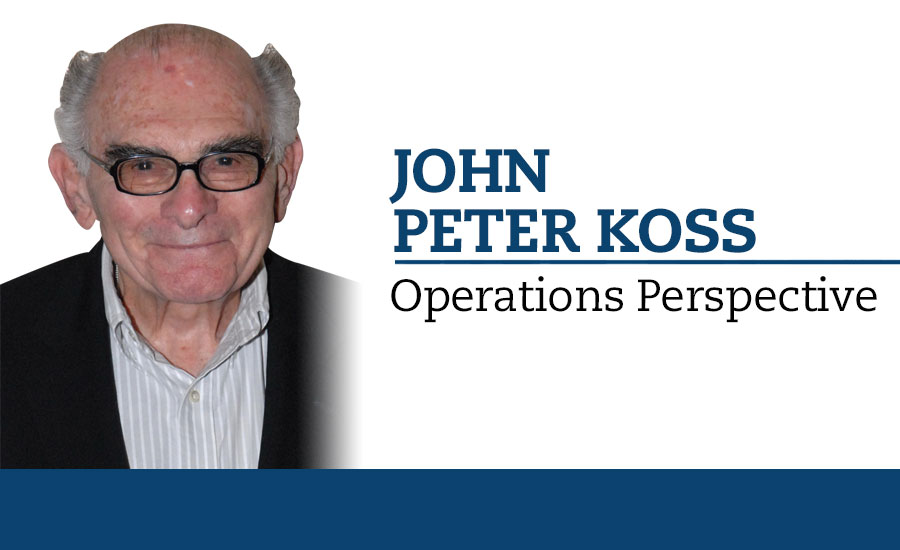Operations Perspective
Personnel adapt within beverage operations
Changes in packaging, warehousing prompt shifts with workers

As technology and operating conditions change in the industrial environment, one of the most important issues is procuring people to cope with these conditions and technological progress. In the beverage industry, the constant change syndrome (CCS) is an operating condition that exemplifies the issue.
Given the changes in processes, packaging, warehousing and distribution, the necessity to upgrade personnel has become a major issue. Continued entry of new products in all beverage segments has created new or modified processes, equipment and procedures in the supply chain that might require operators or attendants with different and/or more complex experience, training and education.
In processing, many manual tasks have been replaced by automated computerized systems ― online mixing of materials, measuring, blending ― thereby eliminating personnel.
The packaging function (production lines) has progressed not only due to process changes ― filling methods, temperature levels ― but also because container closing, package configurations and palletizing equipment have created or eliminated tasks that practically could require higher skill level people. In packaging, technological improvement has established new benchmarks for numbers and types of people to operate or attend machines/equipment.
From an operations perspective, processing and packaging function improvement changes have created a necessity for in-depth assessment of the maintenance tasks involved and the personnel skill level upgrading that may be required. The maintenance function has become more critical because beverage machinery, equipment, processes as well as warehousing advancements have made the procurement, experience and training a top priority.
The warehousing function, with traditional forklift trucks has advanced to automated guided vehicles (AGVs) and automated storage/retrieval systems. These changes also have impacted forklift operators and overall tasks in the warehouse, but the pre-distribution operation ― order picking, staging and vehicle loading/unloading ― where manual tasks are still performed must be evaluated and personnel needs assessed.
Traditionally, personnel requirements might have been created by management’s experience, casual assessment of tasks or truthfully on the back of the envelope. From experience and detailed studies, the personnel issue has had varied approaches; however, a simple, basic and fundamental flow of action is highly recommended. Documentation should be established that identifies what tasks are required to operate a beverage facility, what skills and instructions are necessary to perform the tasks and time executed to perform stated tasks.
The following is a suggested step sequence:
- Establish job/position descriptions: An absolute must, should contain specific tasks necessary to perform job/position.
- Qualifications: Establish education, experience, training and criteria for different levels required to perform.
- Time: Identify required time to accomplish the tasks under different operating conditions.
- Oversight: Develop a manning table that documents the number of people at each position in the supply chain cycle for each production schedule.
Several factors can and will affect most beverage operations. Utilization of personnel is key to desired productivity, proper assignment of skills to the positions is essential for acceptable performance and astute scheduling of operations is basis for high efficiency.
Finally, an important issue involves the training of people for the tasks in an operation. Training to operate machinery and equipment and related accessories by manufacturer’s technical staff should be fully utilized to ensure proper operation. This is because in house sources often result in second hand instructions.
Looking for a reprint of this article?
From high-res PDFs to custom plaques, order your copy today!





